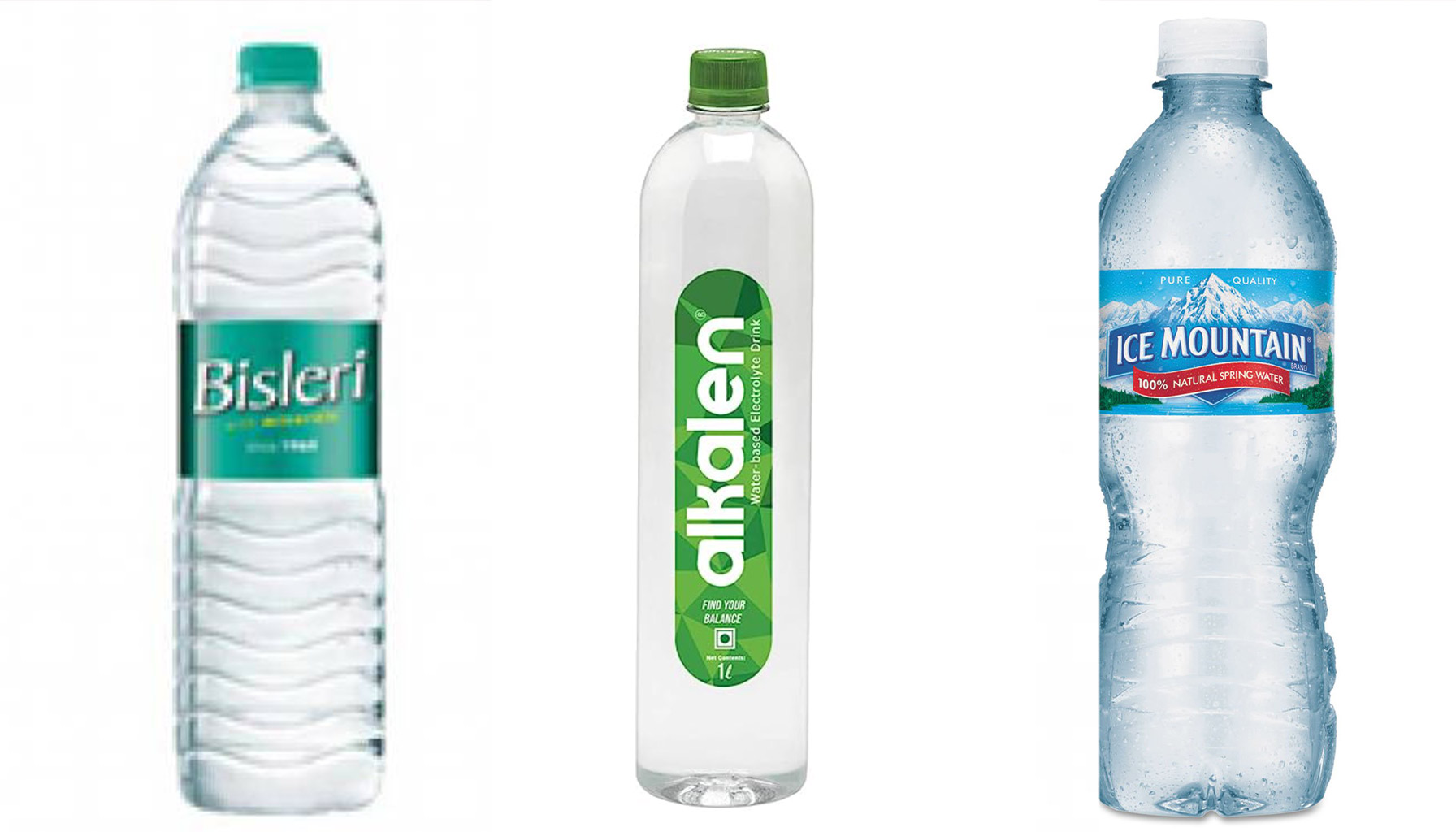In the diverse landscape of India, where ancient traditions harmonize with modernity, the importance of water is deeply ingrained. With growing concerns about water quality and a heightened focus on health, Indians are increasingly turning to bottled water as an alternative to tap water. Yet, the plethora of bottled water options available can be bewildering, each touting distinct features and health claims. In this article, we embark on a journey to explore three prominent contenders: spring water, purified water, and alkaline water, scrutinizing their origins, purification processes, advantages, drawbacks, and their relevance within the Indian context.
Spring Water: From Underground Springs to Your Glass
Imagine water gushing forth from an underground source, untouched by modern treatment processes. This is the essence of spring water. Bottled directly at its source, spring water undergoes minimal processing, primarily filtration to eliminate impurities such as sand and sediment. This minimal intervention ensures that spring water retains its natural mineral content, encompassing elements like calcium, magnesium, and potassium, endowing it with a distinctive taste and a unique mineral profile.
Benefits for the Indian Consumer:
- Naturally Occurring Minerals: Spring water can serve as a valuable source of daily mineral intake, potentially addressing prevalent mineral deficiencies in India.
- Freshness and Taste: Many Indians appreciate the distinct, slightly sweet taste of spring water, finding it more palatable than other alternatives.
Drawbacks to Consider:
- Mineral Content: While the mineral content in spring water can be beneficial, excessive levels of specific minerals, such as sodium, may be problematic for individuals with certain health conditions. Careful scrutiny of the mineral content label is essential.
- Limited Availability and Cost: Authentic spring water sources can be challenging to find in India, and its restricted availability often translates to higher prices compared to other options.
Purified Water: Clean and Clear, But Is It Enough?
Purified water, commonly referred to as "mineral water" in India, undergoes various treatment processes like reverse osmosis, distillation, or deionization, aimed at eradicating impurities, contaminants, and minerals. The outcome is water virtually devoid of dissolved solids and microbiological risks, ensuring safety but occasionally leaving consumers questioning its taste and potential health benefits.
Benefits for the Indian Consumer:
- Safety and Purity: In regions where concerns about tap water quality persist, purified water stands as a safe and dependable drinking option, particularly for vulnerable groups like children and the elderly.
- Affordability: In contrast to spring water and alkaline water, purified water generally offers a more budget-friendly choice, rendering it accessible to a broader spectrum of consumers.
Drawbacks to Consider:
- Mineral Depletion: The purification process strips away essential minerals that naturally exist in water. While this renders it safe for consumption, some argue that it may not contribute to daily mineral requirements.
- Taste Concerns: The absence of minerals can result in a flat, less appealing taste compared to spring water. Certain brands attempt to address this by reintroducing minerals, but the taste may not precisely replicate that of spring water.
Alkaline Water: The pH Balancing Act
Alkaline water boasts a higher pH level, typically above 7, in contrast to regular water's neutral pH of 7. This increased alkalinity is achieved through various methods like electrolysis or filtration through mineral stones. Advocates contend that alkaline water offers numerous health benefits, including improved digestion, detoxification, and even cancer prevention. However, it's crucial to note that scientific evidence supporting these claims is currently limited and inconclusive.
Benefits for the Indian Consumer:
- Potential Health Benefits: Although these claims necessitate further research, some consumers in India are drawn to the potential health advantages associated with alkaline water.
Conclusion:
In a country as diverse as India, where traditions coexist with rapid modernization, the choice between spring water, purified water, and alkaline water depends on several factors, including availability, personal preferences, and beliefs. Each variety offers its unique set of advantages and drawbacks, and consumers should weigh considerations such as cost, health effects, and environmental impact in their decision-making process.
Furthermore, indigenous water sourcing methods, such as traditional wells, rainwater harvesting, boiling, and copper vessel storage, continue to play a significant role, particularly in rural areas, in ensuring access to clean and safe drinking water. As India continues to evolve and adapt to the changing landscape of water availability and quality, the quest for clean and safe drinking water persists, with a myriad of options catering to the diverse needs of its people.












Recent comments
Latest Comments section by users